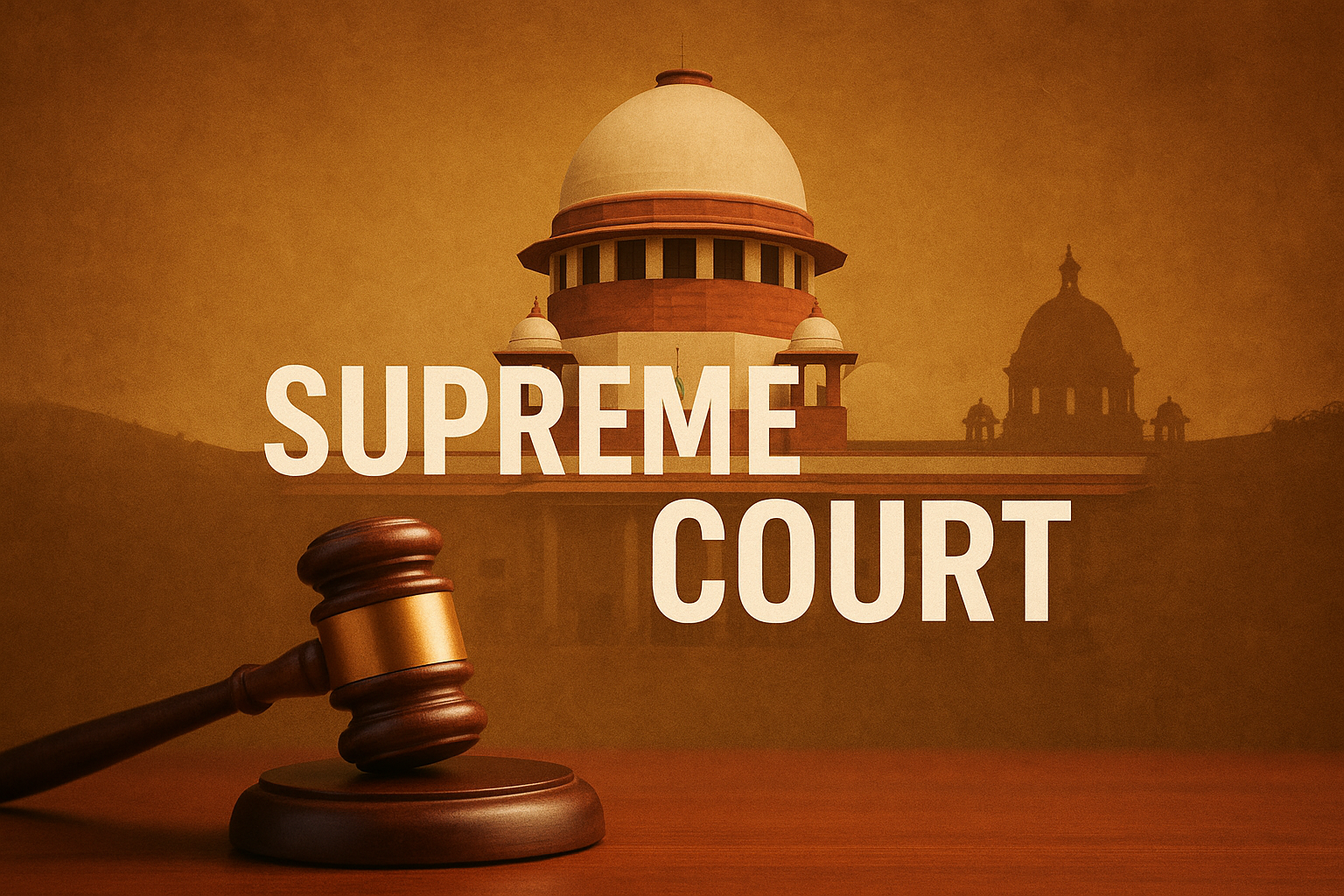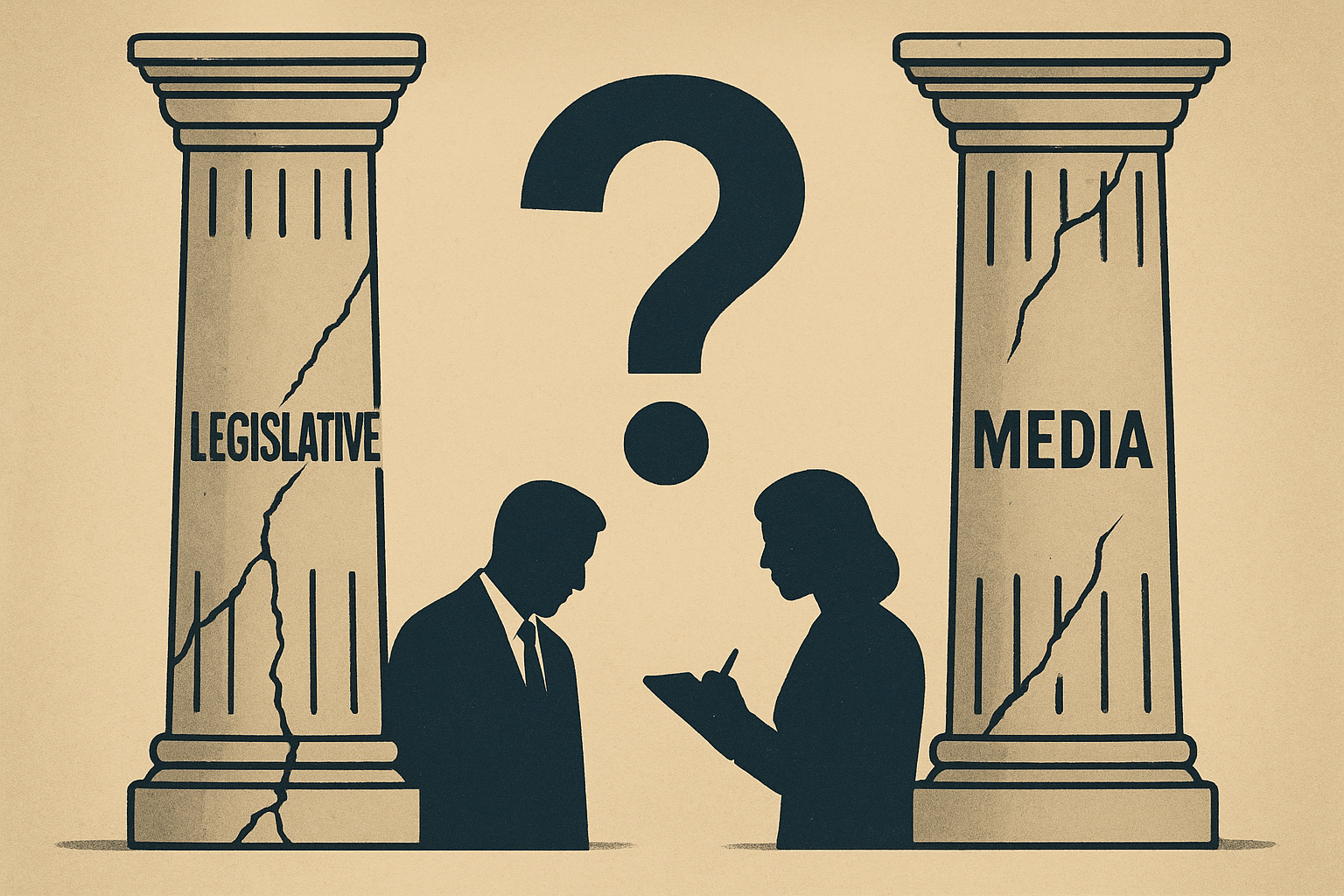India celebrates 78 years of independence with pride and reflection. While the journey from 1947 to 2025 brought remarkable progress in democracy, economy, and global influence, deep-rooted challenges still hold the nation back. This Independence Day is not just a celebration but also a moment to critically assess what we gained, what we lost, and what lies ahead.
What India Has Achieved Since Independence
1. Democracy and Political Stability
India emerged as the world’s largest democracy, conducting regular free elections despite its diversity of 1.4 billion people. Peaceful power transfers stand as a global example, unlike many nations that fell into dictatorships after independence.
2. Economic Growth and Global Presence
From an agrarian economy in 1947, India now ranks among the top five global economies. Sectors like IT, pharmaceuticals, space technology, and manufacturing have seen global recognition. Programs like Digital India and Make in India boosted innovation and self-reliance.
3. Social Progress and Education
Literacy rates jumped from 12% in 1947 to over 77% in 2025. Women are breaking barriers in politics, business, and defense. Reservation policies helped uplift historically marginalized communities, though implementation still faces criticism.
4. Technological and Space Achievements
ISRO’s Chandrayaan and Mangalyaan missions proved India’s capability in low-cost space exploration. Digital banking, UPI, and Aadhaar reshaped public service delivery.
What India Lost in 78 Years
1. Ethical Governance
Corruption remains a chronic issue, weakening institutions and eroding public trust. Political polarization has deepened, with governance often taking a back seat to vote-bank politics.
2. Cultural Unity
While India’s diversity is its strength, divisive politics and rising intolerance threaten social harmony. Religion and caste, instead of being sources of identity, have often become weapons for division.
3. Environmental Balance
Rapid industrial growth led to deforestation, air pollution, and water crises. India is among the most climate-vulnerable nations, yet environmental policies remain weak.
Challenges India Faces Today
Internal Challenges
- Caste and Religious Discrimination – Despite constitutional safeguards, caste-based violence and religious hate crimes persist. Social media often amplifies divisions instead of promoting harmony.
- Unemployment and Economic Inequality – Job creation has not matched population growth, and income gaps between rich and poor keep widening.
- Corruption and Political Criminalization – Many lawmakers face serious criminal charges, raising questions about the health of democracy.
External Challenges
- Terrorism and Cross-Border Threats – Cross-border terrorism from Pakistan, cyberattacks, and radicalization remain serious concerns for national security.
- Border Tensions with China – Military standoffs in Ladakh highlight the need for strong defense readiness.
- Global Geopolitics – The Russia-Ukraine war, Middle East instability, and shifting trade alliances impact India’s economy and diplomacy.
The Road Ahead — Building a Stronger India
India’s next chapter demands a focus on unity, sustainable growth, and fair governance. Political maturity, strong institutions, and social equality are essential for achieving the dreams envisioned in 1947.
This Independence Day, citizens must not only wave the flag but also question — Are we living up to the sacrifices made for freedom?





